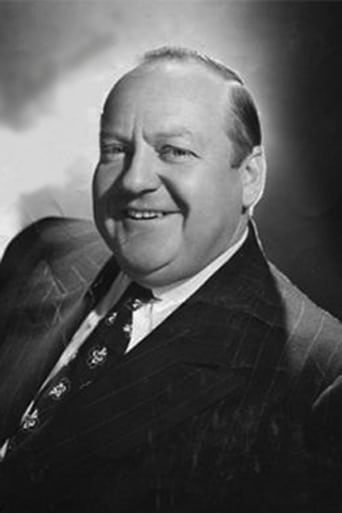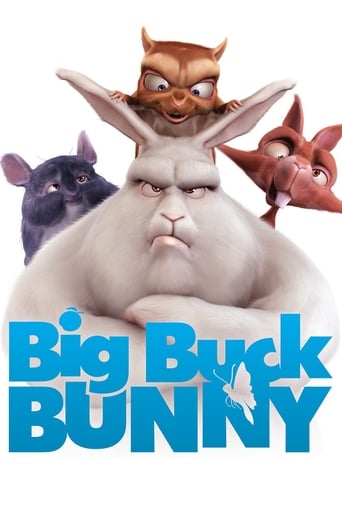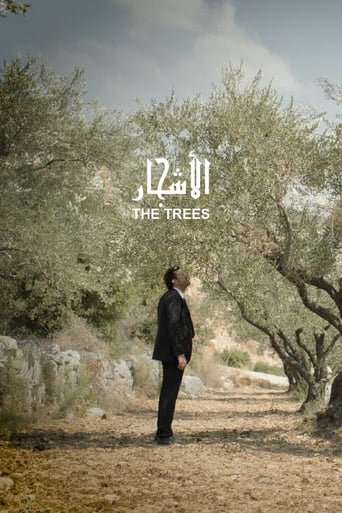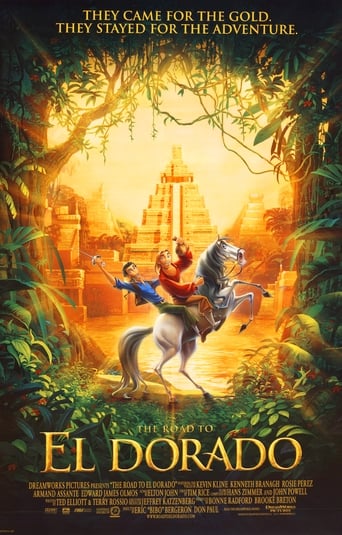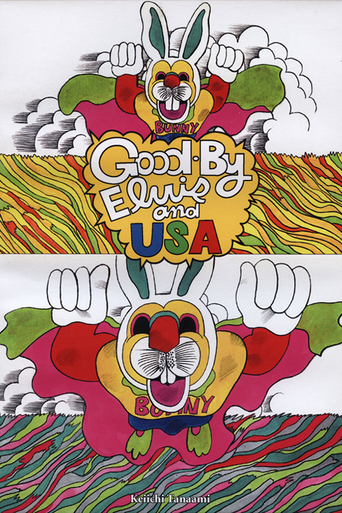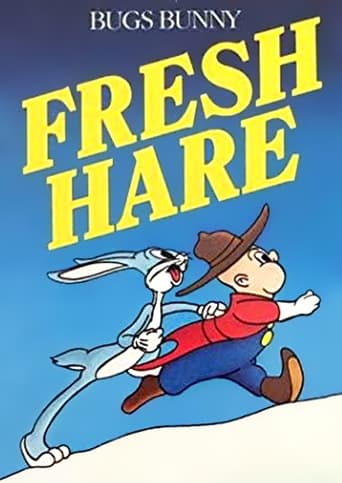
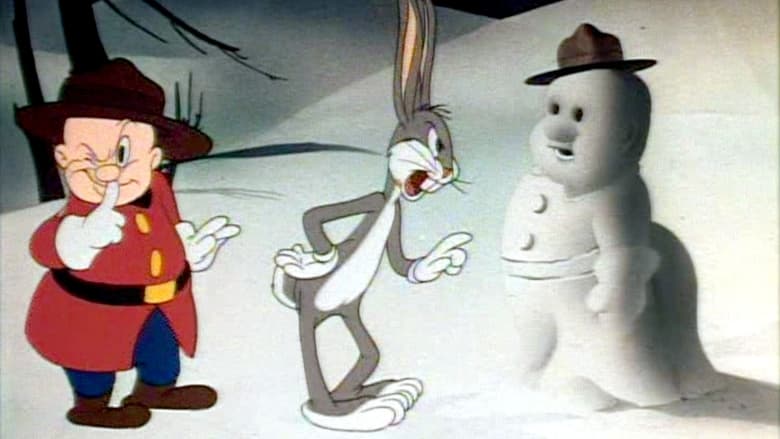
Fresh Hare (1942)
Bugs Bunny is wanted "dead or alive" by the Mounted Police, led by Elmer Fudd. The "Fresh Hare" episode was banned from television for almost 30 years because it was considered too racey for the time.
Watch Trailer
Cast


Similar titles
Reviews
"Fresh Hare" is one of several Warner Brothers cartoons that has been pulled from the market because of its racial insensitivities. While offensive, the company sure made worse (such as "Coal Black and de Sebben Dwarfs"--which would probably give the politically correct out there heart attacks if they see it). Now I am not excusing the ending--it was pretty offensive and I could see why the powers that be decided to yank this from the market.The cartoon finds Elmer Fudd as a Mountie out to get his man....I mean, rabbit. It seems that the screwy rabbit has crossed the line too many times and he's wanted by the authorities. What follows is generally quite funny and is well animated. However, completely out of left field comes a final weird and not very funny joke--one that leads to Bugs, Elmer and the rest of the Mounties putting on an impromptu minstrel show. Overall, much of the cartoon is cute and enjoyable and the ending is just plain odd and rather offensive.
This is a Bugs Bunny cartoon with an old version of Elmer Fudd.I was asking my family about the black and white minstrels, after reading reviews for this episode I wanted to know more about them. My family came to a decision that the black and white minstrels were more of a tribute to black people than an insult and it was only really in this day and age that they have been portrayed as politically incorrect. So why are so many people on here (including adults) saying that the black and white minstrels point at the end is racist?! It does not make any sense. Either my family has the wrong idea, or they have the wrong idea - and frankly, my familys' opinion is MY familys', so I will stick with theirs. :)Anyhow, now that I've heaved that off my shoulders, this is one fun Bugs Bunny cartoon! There is nothing insulting in it at all (as far as I know) and it has a great deal of good jokes packed in! This episode is particularly funny. I also like Bugs Bunny and Elmer here, I wish they kept Elmer's animation like that (he is also smarter here than in his more well-known appearances). I recommend this fun cartoon to anyone who likes old Bugs Bunny cartoons and does not mind anything too badly that is portrayed as politically incorrect nowadays. Enjoy "Fresh Hare"! :-)
This is really a funny cartoon, but it suffers for the last few seconds which, in our age of political correctness, have been removed so as not to offend African-Americans.Elmer is a Mountie, who is trying to capture Bugs. At the start he is viewing several trees with posters of Bugs, wanted dead or alive (but preferably dead). As he passes each tree, Elmer sees someone has been marking up the posters with comments and putting a mustache on Bugs' face (one of the posters, interestingly enough, puts a "Hitler" mustache on Bugs). Not every tree has these posters - one has an advertisement for the Mountie Police Gazette, with a voluptuous lady on the poster.Eventually Elmer finds Bugs' rabbit hole, and handcuffs himself to Bugs, only to find 1) the wascally wabbit has substituted a lit bomb to the handcuffs, and 2) has purloined Elmer's hand-key key. Helpfully Bugs tries to find the right key (there are five), but reaches it as the bomb goes off.Elmer chases Bugs all over the Canadian wilds, frequently he and Bugs crashing into the snow banks and leaving their images in the banks to show they were there. But Bugs is always faster - managing to end up chasing Elmer once, and also managing to get his two ears to go around a tree that he has to pass (Elmer crashes into the tree, and ends up looking like Santa Clause).At one point Bugs insists on knowing what he is wanted for - Elmer reads a list of charges, including jay walking and being a pest, and (as mentioned in the "Summary Line" above, conduct unbecoming a rabbit. Although Elmer does not catch Bugs, he is so miserable he cries for his failure, and Bugs feels sorry enough for him to give himself up. Elmer is in charge of the firing squad, and asks if Bugs has any last wishes. Here is the point where the cartoon is tampered with today. Bugs says, "I wish...I wish...I wish I was in the land of Cotton, old times there are not forgotten." At this point Elmer and the firing squad look amazed at this unexpected wasting of a wish. But as the cartoon originally ended, Elmer, Bugs, and the members of the firing squad reappear as minstrels singing "Dixie". Curiously, when I saw the original ending, it did not strike me as being worth saving. It made absolutely no sense - but then so would the current ending of Bugs bursting into song in front of a surprised firing squad. If you think of the anarchistic humor of the Warner's cartoons either is acceptable, but not particularly clever. As pointed too, Elmer was drawn as a fat person here - for the last time, complete with corset. In fact the fat headed, bald Fudd of the later cartoons is quite an improvement too.
You know the quality is going to be above average when a cartoon starts with an big orchestral intro and a still picture to complement the titles. Bugs Bunny, looking slightly less cute than he would in later years (and still having to be content with his name under the titles) evades and tricks Elmer the Mountie at every turn. Back in these days Elmer was so overweight he had to wear a girdle. But if you look closely you can actually see him sweating off those pounds during the wild chase scenes.In the forties the Warner Studios were still competing with Disney to produce the best looking animation around. It is obvious a lot of thought and care went into the backgrounds and character animation. Yet they still could not compare to the competition. However when it came to gags the Merry Melodies were unbeatable. There are probably more jokes crammed into these 7 minutes than in any 7 Disney cartoons of the same era. Only the final scene involving a black and white minstrel show feels a bit awkward nowadays, for we like to forget that these totally incorrect programmes ever existed. In fact it was not until the late Sixties that this type of shows was banned, about the same time the Merry Melodies ended their run. 7 out of 10



